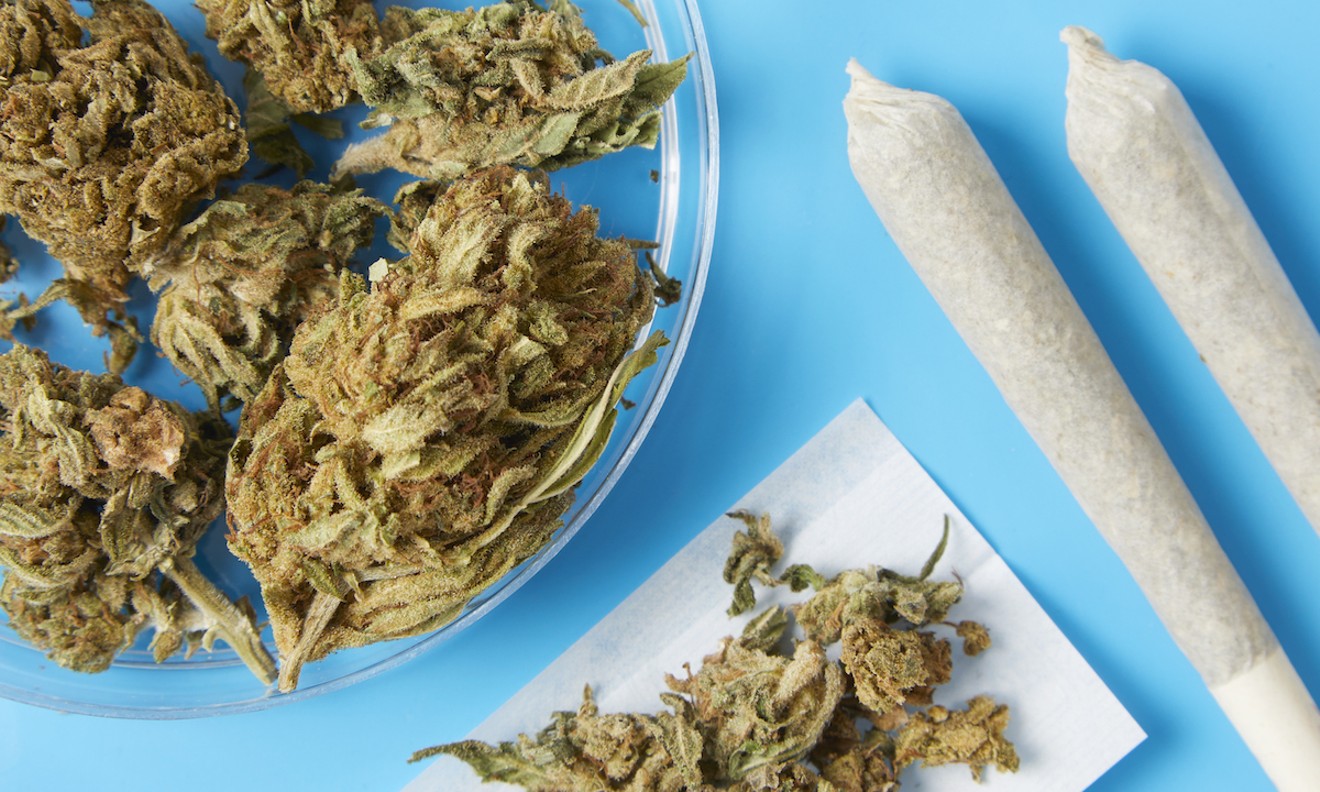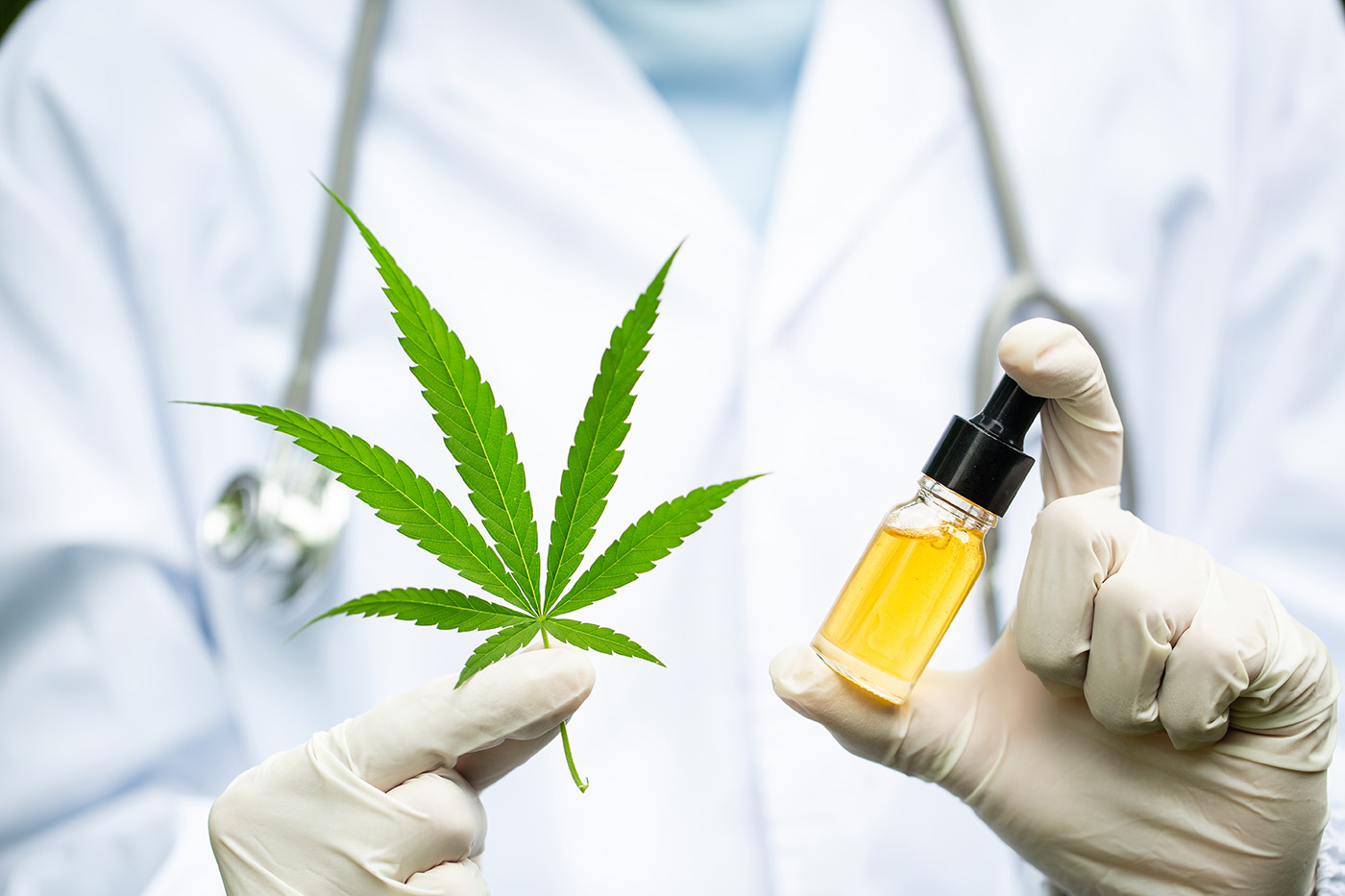Shedding Light on What Medical Cannabis Can Heal: a Thorough Analysis of Its Healing Residences
In recent years, there has actually been a growing passion in the therapeutic possibility of medical cannabis. While unscientific proof abounds, a complete assessment of the scientific data pertaining to the effectiveness of medical cannabis in dealing with these problems is necessitated.
Persistent Pain Administration
Chronic pain management stays an important element of treatment, demanding a detailed approach for efficient treatment. Recently, medical marijuana has actually arised as a potential restorative choice for people struggling with chronic pain problems. The endocannabinoid system, which plays a critical duty suffering modulation, has been targeted by cannabis-based treatments to relieve signs and improve lifestyle for patients.

Additionally, medical marijuana uses an encouraging choice for individuals that experience unbearable adverse effects from standard discomfort medications. Its capacity to resolve discomfort through a different device makes it a beneficial enhancement to the toolbox of treatments available for persistent pain administration.
Epilepsy Therapy Prospective
Medical marijuana has revealed appealing possibility in the therapy of epilepsy, providing an unique restorative method for taking care of seizures in people. Epilepsy is a neurological condition defined by recurring seizures, impacting people of any ages. Typical therapies for epilepsy include antiepileptic drugs, yet these medications may not work for all people and can have significant negative effects.
Research on using clinical marijuana for epilepsy has actually revealed encouraging results. Cannabidiol (CBD), a non-psychoactive compound located in marijuana, has been particularly highlighted for its anticonvulsant residential properties. Studies have shown that CBD can lower the frequency and intensity of seizures in clients with treatment-resistant types of epilepsy, such as Dravet disorder and Lennox-Gastaut disorder.
In Addition, the FDA has actually accepted a CBD-based drug, Epidiolex, for the treatment of seizures connected with these extreme kinds of epilepsy. This landmark highlights the growing recognition of medical cannabis as a valuable restorative alternative for managing epilepsy and supplies wish for clients who have actually not reacted well to traditional treatments.
Queasiness Relief Perks
The relief of queasiness with making use of marijuana has been significantly identified for its therapeutic advantages in various medical conditions. Nausea or vomiting and vomiting are common signs experienced by patients undertaking chemotherapy, those with food poisonings, and individuals with chronic discomfort conditions. Clinical cannabis, with its energetic compounds such as THC and CBD, has revealed promise in providing remedy for nausea or vomiting.

Moreover, clinical cannabis provides a natural alternative for people who do not react well to conventional anti-nausea medications or who experience serious negative effects from these medications. People undergoing chemotherapy, specifically, have reported substantial enhancements in their lifestyle when utilizing cannabis to manage queasiness. As study in this area proceeds to expand, clinical cannabis is increasingly being considered as a beneficial alternative for nausea relief in numerous clinical settings.
Anxiousness Decrease Effects
Researches have shown the capacity of cannabis in minimizing anxiety signs and symptoms with its communication with the endocannabinoid system. The endocannabinoid system plays an essential role look these up in controling emotions, including anxiousness, by maintaining homeostasis in the body. Cannabinoids in cannabis, such as THC and CBD, connect with the endocannabinoid receptors in the brain, especially the CB1 and CB2 receptors, to modulate anxiety-related feedbacks.

Patients with conditions like generalized anxiousness disorder (GAD), social anxiousness condition, and post-traumatic anxiety disorder (PTSD) might benefit from the anxiolytic residential properties of marijuana (Medical Marijuana Dispensary near me). Nonetheless, additional research is required to identify optimum dosages, shipment techniques, and lasting impacts on stress and anxiety management.
Possible for Inflammation Control
With its well-known anti-inflammatory residential properties, cannabis has actually shown assurance in potentially managing swelling within the body. Inflammation is the body's all-natural feedback to injury or infection, but when it becomes chronic, it can contribute to numerous diseases such as joint inflammation, inflammatory digestive tract disease, and also heart illness. Study recommends that the cannabinoids located in cannabis, such as THC and CBD, can assist minimize and manage the immune feedback inflammation.
Studies have revealed that cannabis can interact with the endocannabinoid system, which plays a vital function in regulating inflammation. By targeting the cannabinoid receptors, marijuana compounds can modulate the immune reaction, causing a reduction in inflammation degrees. This makes cannabis a possible prospect for handling inflammatory problems where standard therapies have actually failed.
In addition, cannabis-derived products like CBD oil have actually acquired appeal for their anti-inflammatory residential properties, with lots of people using them as a natural solution for problems related to swelling. While more research is required to totally comprehend the systems behind cannabis's anti-inflammatory results, present findings show encouraging outcomes for the potential you can try this out use clinical marijuana in managing swelling.
Verdict
In verdict, clinical marijuana has actually revealed appealing healing properties in managing persistent discomfort, treating epilepsy, easing nausea or vomiting, lowering stress and anxiety, and regulating swelling. Its potential advantages in numerous medical conditions highlight the value of additional research study and exploration into its medical use. The evidence suggests that medical marijuana could be a beneficial alternative therapy alternative for clients looking for remedy for a series of symptoms and problems.
In recent years, medical marijuana has actually arised as find this a prospective restorative choice for people enduring from chronic discomfort conditions.Medical cannabis has revealed encouraging capacity in the treatment of epilepsy, offering an unique healing technique for handling seizures in patients. As study in this area continues to expand, clinical cannabis is progressively being considered as an important alternative for nausea relief in various clinical setups.
In conclusion, clinical marijuana has shown encouraging therapeutic residential or commercial properties in handling persistent discomfort, treating epilepsy, alleviating queasiness, lowering stress and anxiety, and regulating swelling. The proof suggests that clinical marijuana could be an important choice treatment option for clients seeking relief from a range of symptoms and conditions.